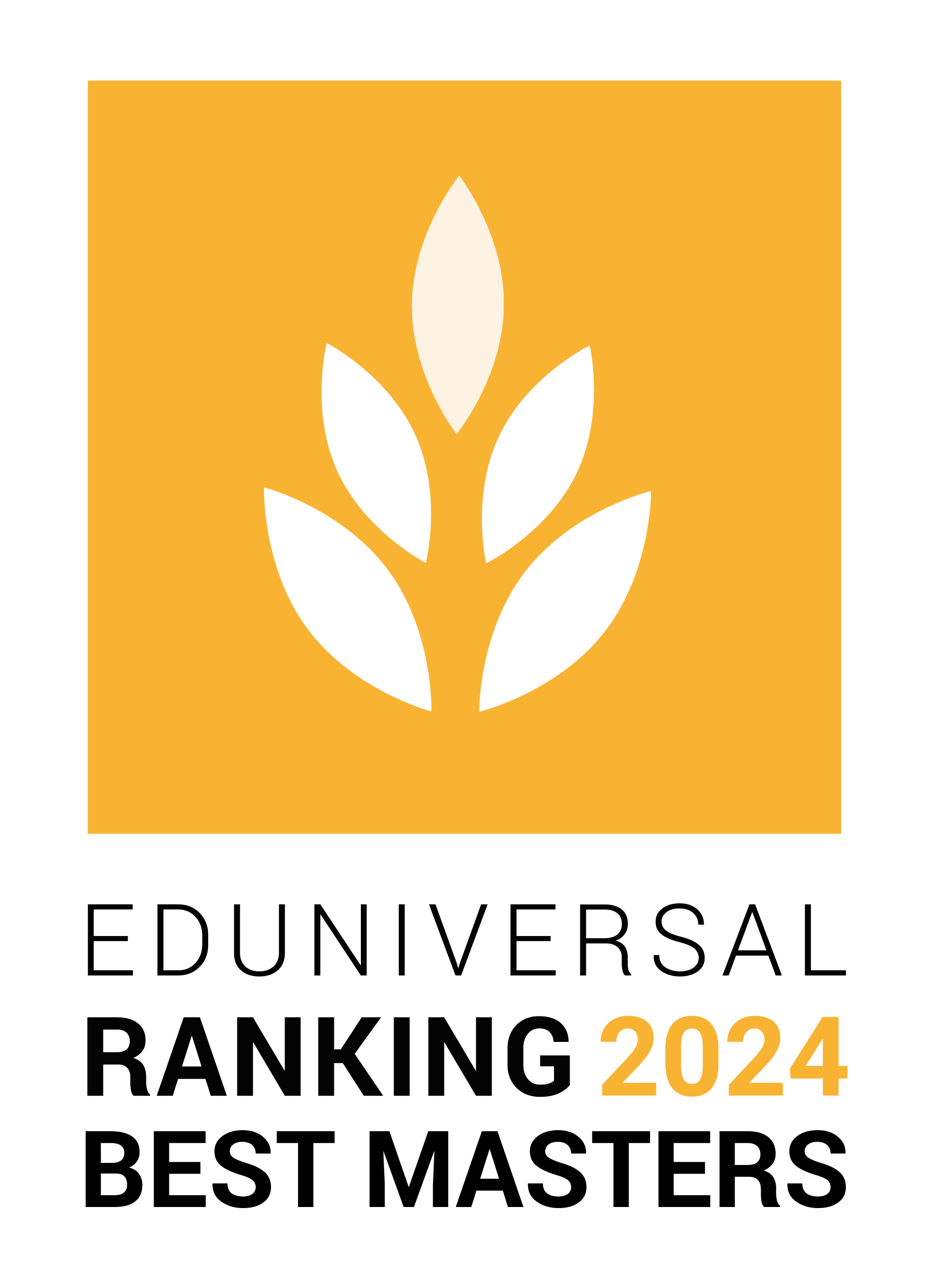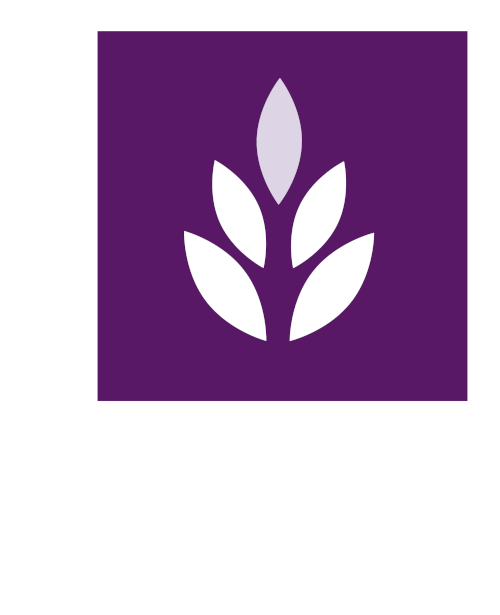- Home
- About
- Business Schools Ranking
- Selected schools
- study abroad
- Awards
- Contact

Study in Ghana
Ghana Statistics
Geography-Population
- Capital: Accra
- Area: 238,533 sq km
- Climate: tropical; warm and comparatively dry along southeast coast; hot and humid in southwest; hot and dry in north
- Population: 24,791,073 (July 2011 est.)
- Languages: Asante 14.8%, Ewe 12.7%, Fante 9.9%, Boron (Brong) 4.6%, Dagomba 4.3%, Dangme 4.3%, Dagarte (Dagaba)
Government-Economy
Government-Economy
Government type: constitutional democracy
Independence Day: 6 March 1957 (from the UK)
Currency: Ghana Cedis (GHC; symbol ¢); 1GHC = 0.67 USD; 1 USD = 1.50 GHC
GDP: $38.24 billion (2010 est.)
GDP - per capita (PPP): $1,600 (2010 est.)
Information for Foreign Students in Ghana
Obtaining a Visa
A visa is compulsory for foreigners; there are various kinds of visa: Single-entry: £60 (Tourist or Transit); £80 (Business). Double-entry: £110 (Tourist or Transit); £150 (Business). Multiple-entry: £280 (business) £200 (tourist). We recommend you to contact the embassy to check visa requirements. Here is the tourism office website page that provides with complete information: http://www.touringghana.com/visas.asp
Housing
Hotels and guesthouses: http://www.ghanatourism.gov.gh/accommodation/accommodation.asp
Student hostels: http://ghanahostelsltd.com/index.html
Health
According to the Ghanaian High Commission in London, tap water in cities is safe to drink. Other water sources should be regarded as being potentially unsafe, and water used for drinking, brushing teeth or making ice should have first been boiled or otherwise sterilized. Cholera is a serious risk in this country and precautions are essential.
Health insurance is essential, preferably with cover for emergency evacuation. Medical facilities exist in all the regional capitals as well as in most towns and villages. Emergency medical facilities are extremely limited.
Money
The import of local currency is limited to the amount previously taken out of the country and declared. The import of foreign currency is unlimited, but must be declared upon arrival. Credit cards (mainly American Express, MasterCard, Diners Club and Visa) are accepted by leading hotels, restaurants, banks, businesses and some shops. In large urban areas such as Accra and Kumasi ATMs are commonplace. There is a Barclays branch in the country. How to open a bank account in Ghana: http://www.bog.gov.gh/index1.php?linkid=151&sublinkid=205
Transportation
Car rentals: http://www.touringghana.com/carrentals/carrentals.asp
Phoning
Main towns will have Internet cafés. Charges are significantly higher outside Yaoundé and Douala. The service is often slow and unreliable. Roaming agreements exist with a number of international mobile phone companies. Coverage is patchy but better in the south. International calls can be made from Camtel offices. Telephones can usually be found in post offices and restaurants, and there are telephone booths in the towns. Phonecards are available.
Official Selection of the Best Business Schools in Ghana
|
3 Palmes Of Excellence EXCELLENT Business School |
Rank Position in
Palmes’ League |
Deans’ Recommendation
rate 2024 |
|---|---|---|
|
Ghana Institute of Management and Public Administration (GIMPA) |
1 | 189 ‰ |

Official Selection of the Best Business Schools in Ghana
Learn the ranking results of the best masters in Ghana here:
